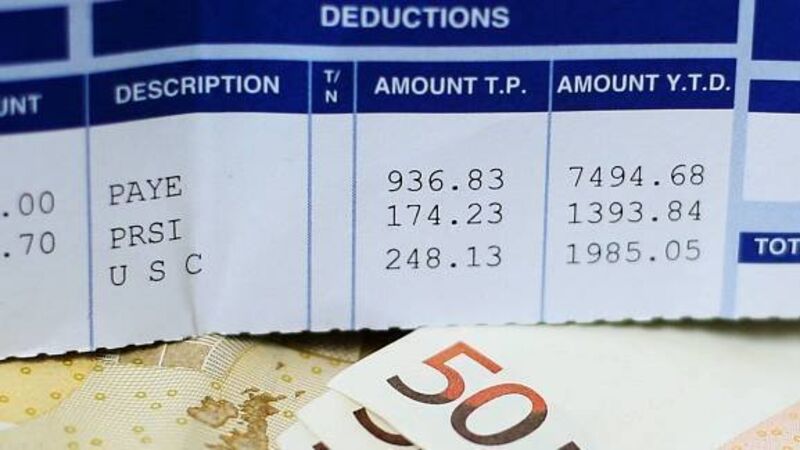Micro firms tax credit could create 80,000 jobs

In its pre-budget submission, Dublin Chamber called on the Government to offer an employer’s PRSI tax credit for the first three years of a micro-company’s existence in order to incentivise employment growth.
Employer’s PRSI is applied at a rate of 10.75% on each new staff member taken on.
















